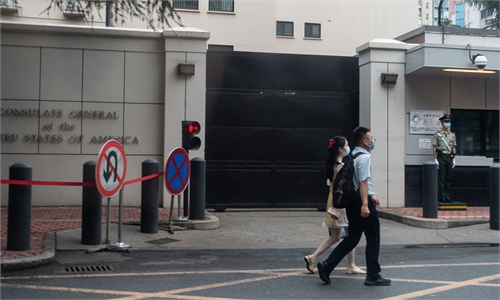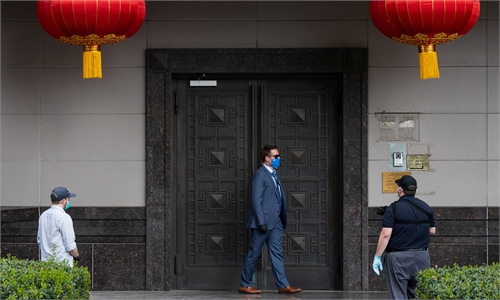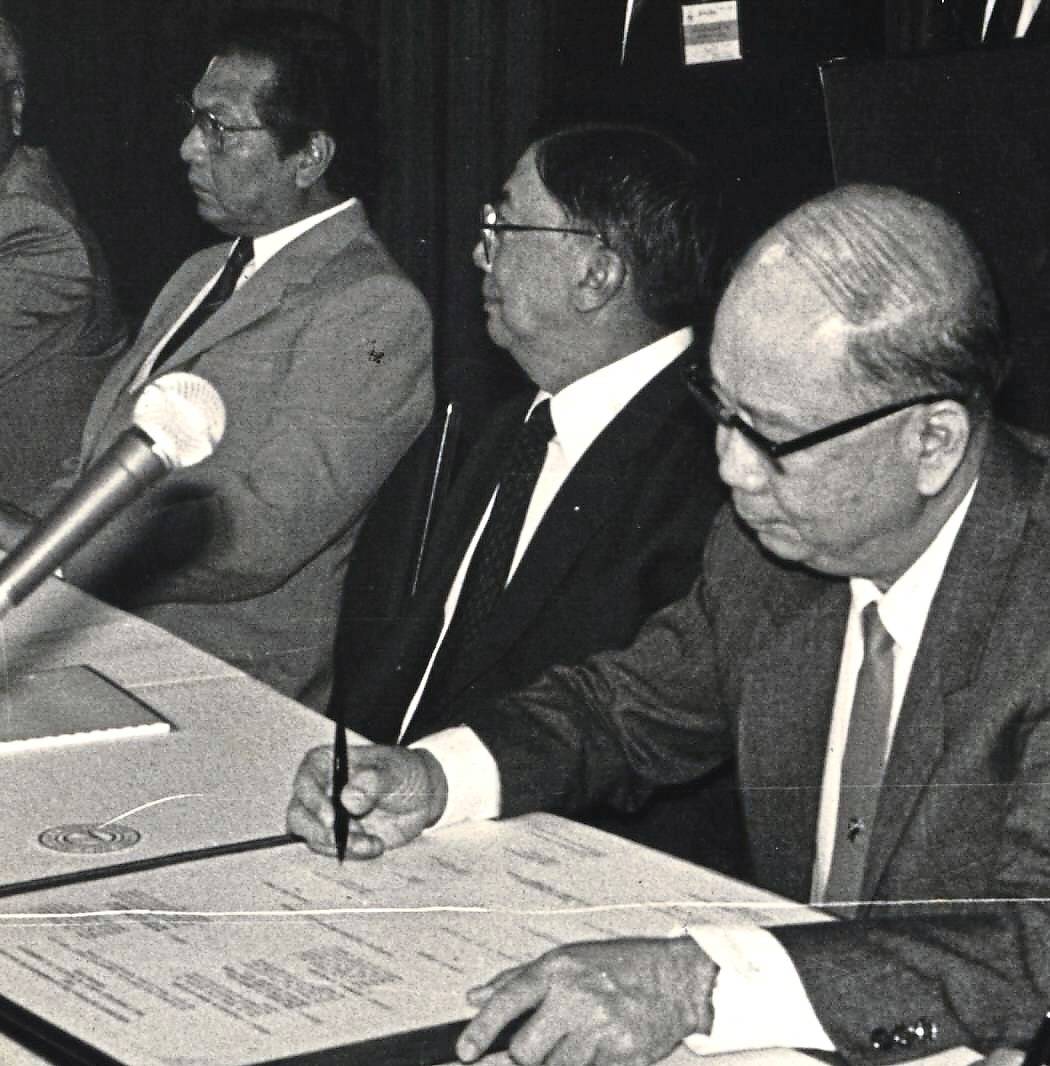Trump Is ‘Blaming Black And Brown People For Covid-19 Surge
https://youtu.be/HNxfYf_1ud8
Joe speaks with Jason Johnson, Morgan State University professor of Politics & Journalism, about ‘sending our kids to slaughter’ at schools in infection hotspots such as Florida and Georgia, and Trump’s racist theory that Black Lives Matter protests and Mexico border crossings are to blame for the coronavirus surge. Aired on 07/23/2020.As U.S. hits 4 million coronavirus cases in record time, deaths ...
Coronavirus: U.S. COVID-19 cases surge amid reopening debate | Watch...
Watch Coronavirus: U.S. COVID-19 cases surge amid reopening debate Video Online, on GlobalNews.ca
https://globalnews.ca/video/rd/6ece180c-c308-11ea-9d7d-0242ac110004/?jwsource=twi
The U.S. hit another grim milestone on Thursday as thee number of total confirmed cases of COVID-19 passed four million, with data showing it only took 16 days to go from three million to four million, with the average number of new cases now rising by more than 2,600 every hour. Deaths are also increasing, with Florida and Texas each reporting record one-day increases in the number of new deaths.
Donald Trump has 100 days from Sunday to save his presidency, while the US tries to avoid a collective nervous breakdown ahead of one of the most divisive, tension-filled elections in US history.The U.S. hit another grim milestone on Thursday as thee number of total confirmed cases of COVID-19 passed four million, with data showing it only took 16 days to go from three million to four million, with the average number of new cases now rising by more than 2,600 every hour. Deaths are also increasing, with Florida and Texas each reporting record one-day increases in the number of new deaths.
Trump has 100 days to save his US presidency
US on edge as covid-19 surges, protests up....
Trump US President Donald Trump.
|
Coronavirus is ravaging the economy, adding to a death toll already above 140,000, while undermining national trust in government institutions.
Add explosive protests against racism and police brutality, leftist-led riots, flourishing right-wing conspiracy theories and the spectre of Russian meddling — and you have a country more on edge than at any time since the cataclysmic 1960s.
At the centre is Trump, a man who boasts he never tires of “winning” yet faces possible humiliation on November 3.
Democratic challenger Joe Biden, whom Trump derides as weak and mentally incompetent, leads by double digits in some polls.
Trump is 74, Biden 77 — a matchup of two elderly white men seemingly out of step with 2020s uprisings against racism and sexism.
One is a billionaire born into privilege; the other, with three decades in the Senate and two terms as vice-president under Barack Obama, the epitome of the professional politician.
Trump vs Biden will deliver all the upheaval a confused US electorate can stomach.
Trump’s pitch boils down to claiming Biden will have Americans “cowering to radical left-wing mobs”. Biden says he’s fighting for “the soul of America”.
On Thursday, Trump cancelled the traditional Republican convention planned in Florida in August due to coronavirus concerns.
The Democrats scrapped theirs weeks ago.
Polls give Biden an advantage nationally and strong leads in swing states.
Congressional Democrats, who already control the House, are eyeing recapture of the Senate.
Many incumbents in Trump’s predicament might at this point start planning their post-presidential libraries.
Trump presides over mass unemployment triggered by the coronavirus shutdown, racial unrest and a growing crisis of confidence.
On coronavirus, polls show two-thirds of Americans have no faith in his leadership.
Trump, with approval ratings stuck in the low 40% range, is the first president to seek re-election after impeachment.
Yet no-one counts him out.
Belittled in 2016, he defeated all the top Republican establishment names for the nomination, then came from behind to defeat Hillary Clinton.
Trump believes he still has the secret sauce.
“I’m not losing, because those are fake polls,” he insisted last weekend.
“They were fake in 2016 and now they’re even more fake.”
Biden is running his campaign from his Delaware home, with no rallies, few media interviews and even rarer press conferences.
Biden is able to sit back and watch Trump lurch ever deeper into self-inflicted troubles.
Until the onset of Covid-19 and the economic downturn, Trump was on a roll.
His then confident campaign manager Brad Parscale described the Republican re-election team in May as the “Death Star” in the Star Wars movies and tweeted they were about to press the “fire” button.
Today, that vaunted machine resembles a misfiring rocket.
Trump’s mass rallies have fizzled due to health risks, while his trademark bravado and name-calling sit less easily in a country shaken by death and economic misery. — AFP
Related:
 Expelling US consular spies an option for China: analysts ...
Expelling US consular spies an option for China: analysts ...
Washington responsible for China's countermeasure against Houston consulate closure
UPDATE: US consulate in Chengdu given 72 hours to close: source
China has ordered the US to shut its consulate in Chengdu, Southwest China's Sichuan Province, in retaliation for the US asking to close China's Consulate General in Houston, the Chinese Foreign Ministry said on Friday, which analysts have called “an equivalent and reciprocal countermeasure.”
US entry into Houston consulate violates Vienna Convention: experts
US federal agents and local law enforcement entered China's consulate compound in Houston after it was forced to close on Friday local time, according to CNN reports. Several SUVs, trucks, two white vans and a locksmith's van entered the property, CNN reportedRelated posts:
https://youtu.be/dSdpvQyGzYw It's
neither moral nor just for the US & the West to refuse to coexist
with the Chinese system...

















